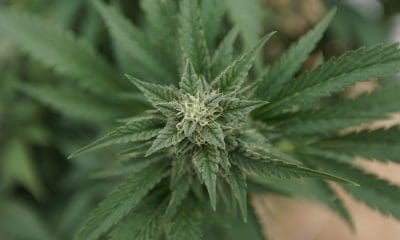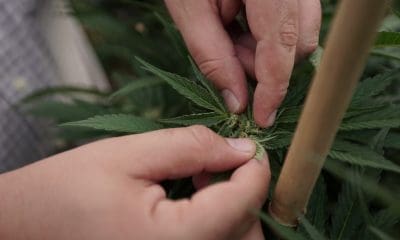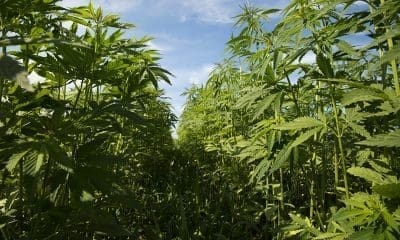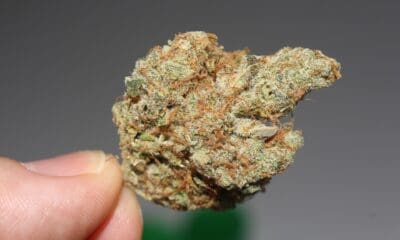Politics
Washington Lawmakers Approve Marijuana Homegrow Bill In Committee
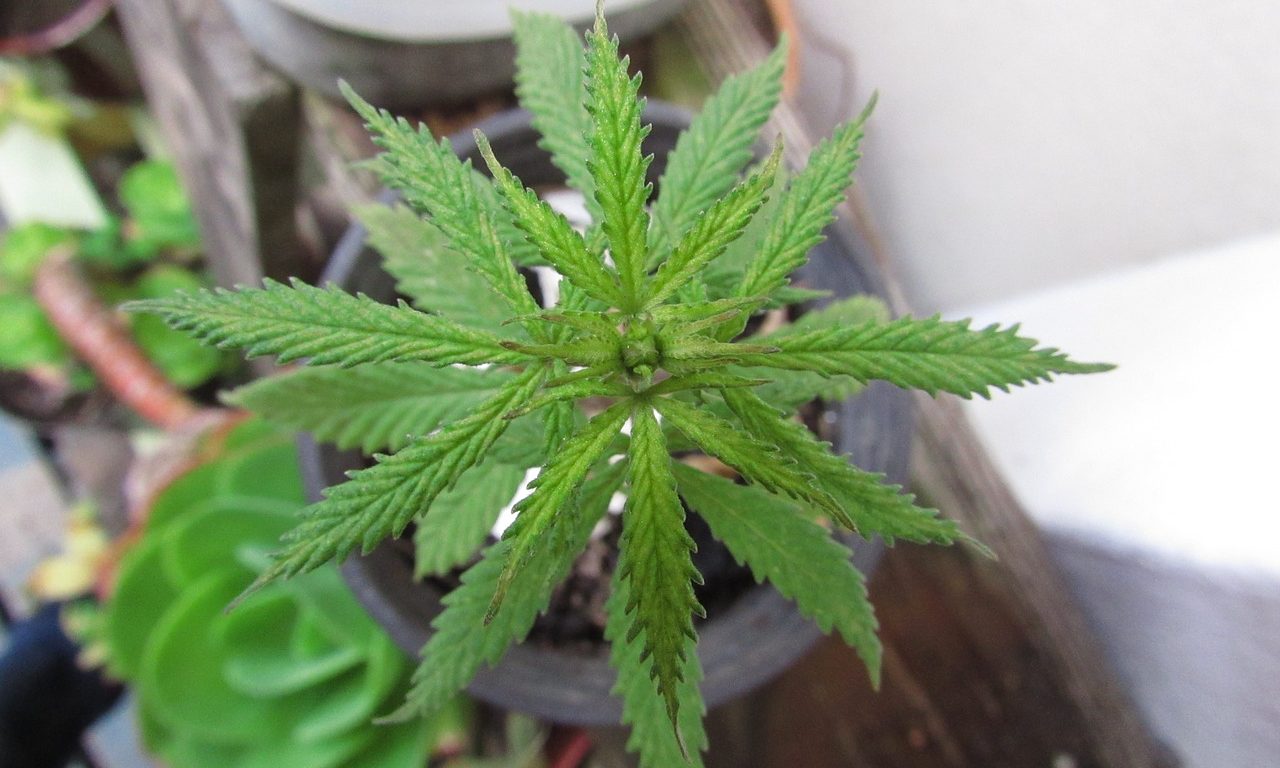
A bill to allow marijuana homegrow in Washington State cleared its first legislative hurdle Friday morning, passing out of the House Commerce and Gaming Committee on a 7–2 vote with a “do pass” recommendation.
Washington voters approved a cannabis legalization initiative in 2012, and retail sales have been ongoing since mid-2014. Cultivating the plant for personal use, however, remains a felony.
“Washington was one of the first states to legalize, with understandable trepidation,” Rep. Shelley Kloba (D), the lead sponsor of HB 1019 and the chair of the House committee, said at Friday’s meeting. Homegrow, she said, “is one area where we’ve taken a more cautious approach and let other states test the waters.”
Of all other states that have begun legal cannabis sales in the years since Washington legalized, only one—Illinois—has outlawed homegrow. But in Illinois, advocates in Washington have pointed out, the offense is a civil infraction rather than felony crime.
Washington’s homegrow bill would allow adults to cultivate up to six cannabis plants at home and keep the marijuana those plants produce. Plants and containers of more than one ounce of cannabis would need to be labeled with the adult’s name, birthdate and address. Households with multiple adults could grow no more than 15 total plants.
While adults could give small amounts of homegrown cannabis to one another, unlicensed sales would remain illegal.
Plants would also need to be out of public view and unable to be “readily smelled” outside of the property. Growers who violate those limits would be subject to a civil infraction that carries a maximum $50 fine. Landlords, meanwhile, could decide whether or not to allow rental tenants to grow cannabis on the property.
—
Marijuana Moment is already tracking more than 400 cannabis, psychedelics and drug policy bills in state legislatures and Congress this year. Patreon supporters pledging at least $25/month get access to our interactive maps, charts and hearing calendar so they don’t miss any developments.
![]()
Learn more about our marijuana bill tracker and become a supporter on Patreon to get access.
—
The limits on plants being seen or readily smelled by the public, Kloba said, “protects both the grower and the neighbors” by avoiding both possible theft of plants—a concern some have raised about homegrow—as well as nuisance odor from nearby properties.
Opponents of the bill, including the Washington Association of Police Chiefs and Sheriffs, have complained the homegrow limits would be difficult to enforce. A representative of the group noted at a hearing last week that the bill would prevent police from entering a property unless they first obtained a warrant.
Rep. Eric Robertson (R), one of two lawmakers who voted against the bill Friday, said he was concerned that HB 1019 leaves enforcement to police agencies rather than the state Liquor and Cannabis Board (LCB), which regulates licensed cannabis businesses in the state. He described that provision as a “fatal flaw in the bill because there won’t be any reasonable or informed way to investigate this stuff without a huge impact to our cities.”
Kloba replied that LCB has authority over the state’s commercial cannabis system, “and this is clearly outside of it.”
The bill has support from numerous advocacy groups, including state and local drug reform advocates and the Washington Build Back Black Alliance (WBBBA), a group of nonprofit and business leaders lobbying on behalf of the state’s Black communities.
In a letter to lawmakers sent this week, Paula Sardinas of WBBBA noted that 97 percent of the state’s legal cannabis industry remains white-owned. “Assuming an expansion into homegrown would produce more [illicit] activity represents both systematic prejudice and implicit bias,” Sardinas wrote. “This very good bill meets the basic tests of both equity and equality.”
Lawmakers made a single amendment to HB 1019 on Friday before advancing the bill, adding changes meant to harmonize the state’s existing civil forfeiture law with the bill’s proposed homegrow limits. Existing law, for example, allows forfeitures when someone engaged in illegal commercial cannabis activity possesses five or more marijuana plants. The amendment raises that cap to 16 plants and slightly increases the amount of harvested cannabis a person can possess.
Kloba said the amendment, which the committee adopted Friday without objection, is meant “so that we don’t inadvertently allow people to do homegrow and then they get in trouble for doing so.”
Homegrow also won a small victory in Virginia on Friday as a state Senate committee voted to advance a bill to legalize marijuana in that state. Before approving the bill, lawmakers defeated a proposed amendment that would have outlawed home cultivation.
Jenn Michelle Pedini, executive director of Virginia NORML, told Marijuana Moment the group “is pleased that cooler heads prevailed, defeating an absurd motion to remove personal cultivation from the bill.”
Meanwhile, in Washington, the House Commerce and Gaming committee also heard testimony Friday on a separate bill, HB 1210, that would update state law to replace references to “marijuana” with the word “cannabis.”
“The word ‘marijuana’ is a reminder of the history of racism and persecution,” argued the bill’s lead sponsor, Rep. Melanie Morgan (D), while “cannabis” comes from the plant’s scientific name. “I ask for this committee’s support in removing the racist stigma from communities of color.”
Chris Thompson, director of legislative relations for LCB, said the regulatory agency supports the legislation but would like to see a “friendly amendment” that would direct regulators to make the change on their side, too. Such direction would allow LCB to expedite agency rulemaking.
“If you were to make a very long bill just maybe one paragraph longer and direct our agency to do that with our rules,” Thompson told lawmakers, “then that would help us make this change across the board in one fell swoop.”
Illinois Awards $31.5 Million In Marijuana-Funded Grants To Repair Communities Harmed By Drug War




